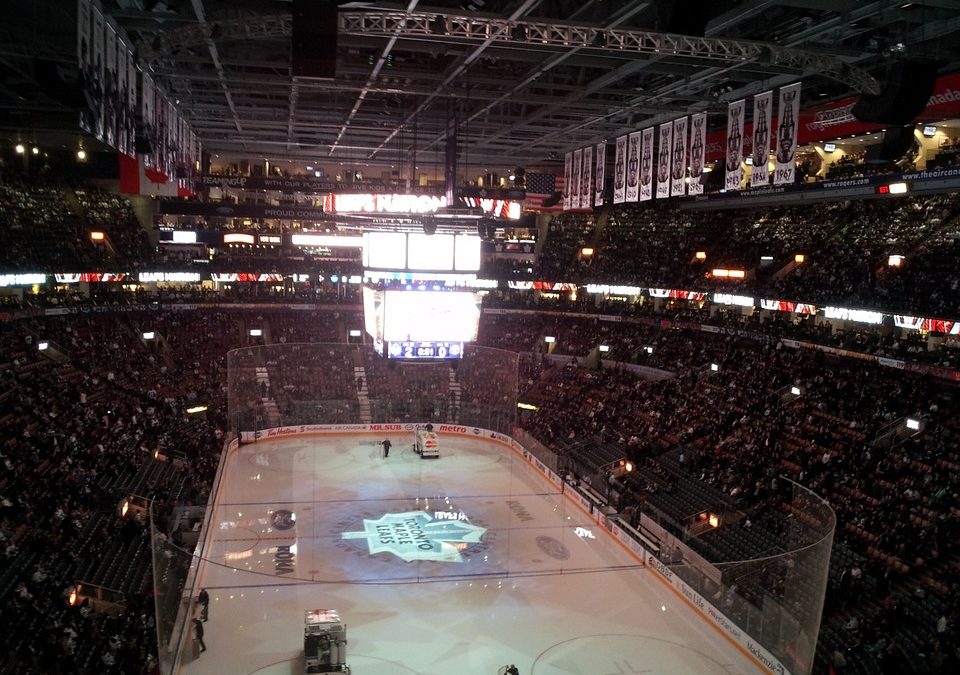Hockey is one of the most popular sports in the world. In Canada, it’s practically a way of life, and in the US, the sport is still growing. Even in the face of developments like the KHL, the NHL remains the top hockey league in the world. Over the past 100-plus years, the NHL has grown into a storied league with an incredible history.
The early years of the NHL featured teams like the the Montreal Maroons and New York Americans. Some of the NHL’s current teams, like the Montreal Canadiens were also around. But it wasn’t really until the WWII era that the NHL as we would recognize it came into existence. From the 1940s to the early 1960s, there were just six teams in the NHL. These were the Montreal Canadiens, Toronto Maple Leafs, Chicago Blackhawks, Detroit Red Wings, Boston Bruins and the New York Rangers.
The early 1970s saw a challenge to the NHL by the World Hockey Association. The WHA lasted just under a decade and four of its teams merged with the NHL. Several NHL stars, including Wayne Gretzky, Mark Messier and Mike Gartner started their professional careers in the WHA. Following the league merger, hockey embarked on what many see as a golden era for the game. Stars like Gretzky broke and set incredible records. Gretzky also helped the game expand into the Southwestern US in a lasting way. As a star for the LA Kings and later a coach for the Coyotes, he became an important ambassador for the sport.
Recently fans have come to question the golden age aura that surrounds hockey in the 1980s and 1990s. They point out that superstars goal-scorers also ushered in a messy era of enforcers and fights. Real defense often fell by the wayside as blueliners like Paul Coffey focused on joining the offensive rush. Hockey came to be controlled by a “trap” style of defense. The game slowed down. Flashes of offense that fans had loved were few and far between.
Luckily, today’s game has recovered. This fast-paced, high-scoring hockey is arguably better hockey. Today’s golden era owes a lot to innovations suggested and supported by retired players like Brendan Shanahan and Bobby Orr in the early 2000s.

